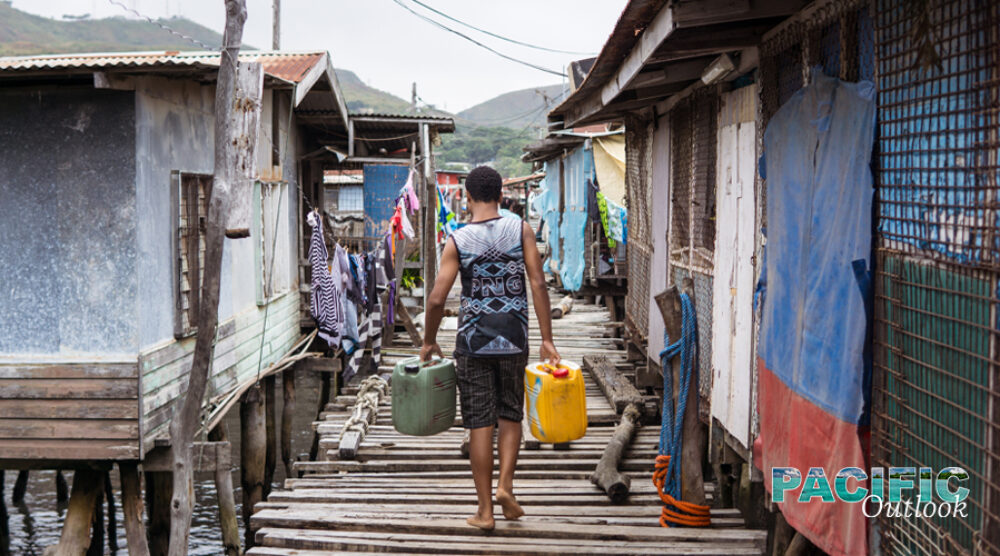In the Pacific islands region, the COVID-19 story is one of contrasts. There have been few confirmed cases of infection. Many Pacific island countries are COVID-19-free thanks to the swift and decisive actions of governments in closing borders early and keeping them firmly shut. But the danger is not over yet so there is no room for complacency. Significant risk factors are still present in Pacific island countries, including a prevalence of chronic disease and weak healthcare systems despite recent international efforts to provide support by way of funding and equipment.
The global shutdown of travel and tourism has had major economic impacts on the Pacific. A number of Pacific island countries such as Cook Islands, Fiji and Vanuatu rely heavily on tourism. In Vanuatu, the tourism sector is the largest provider of employment outside the public sector. A recent survey conducted by the Vanuatu Chamber of Commerce reported that 70 per cent of business owners in the tourism sector have laid off staff. The IMF’s Pacific tourism tracker records a 99.1 per cent fall in tourist arrivals in Fiji this May compared to May 2019.
In small economies, these disruptions have the potential to indirectly affect a significant proportion of the population beyond those in the direct firing line. In urban and peri-urban areas, something as small as one member of the family no longer receiving meals at their workplace can put a severe strain on already constrained household resources.
While a number of governments have introduced stimulus and support packages to tackle the economic hardships facing their communities, ensuring their longer-term sustainability will be another difficult challenge. There are social and customary support structures in place among families and kinship groups, but these are becoming increasingly strained. Government-funded social protection systems are either non-existent or extremely limited.
Please click here to read the full “Tough choices dealing with COVID-19 in the Pacific” article published at East Asia Forum, written by Griffith Asia Institute, adjunct researcher, Tess Newton Cain.








